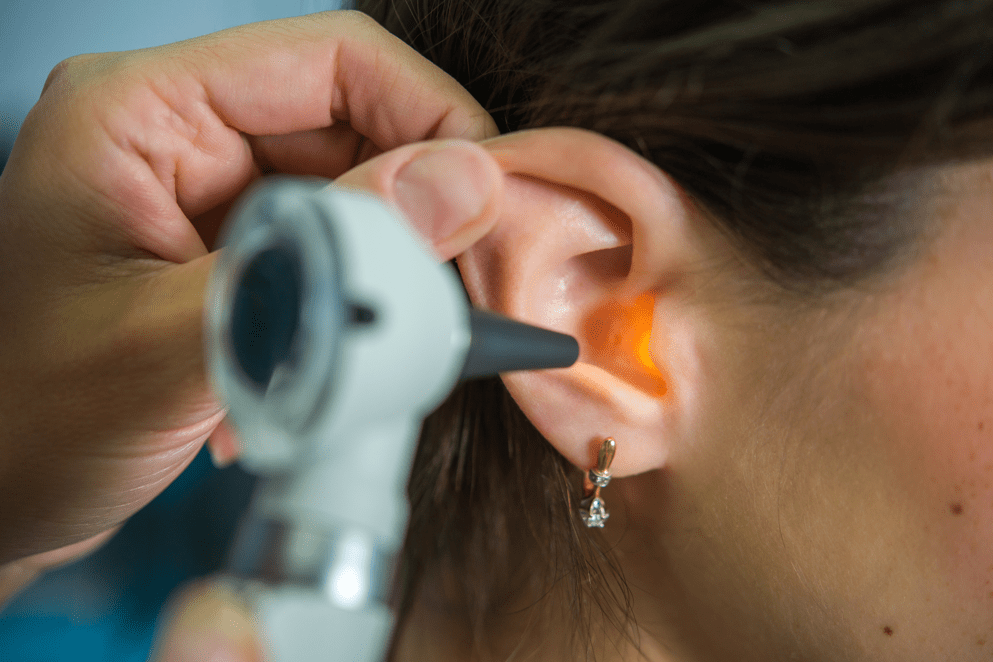How Smart Home Devices Are Revolutionizing Hearing Care
Smart home devices are changing the way people with hearing loss interact


Smart home devices are changing the way people with hearing loss interact

When you first start dealing with hearing loss, you might feel like

For people who rely on hearing aids to stay engaged in conversations, work